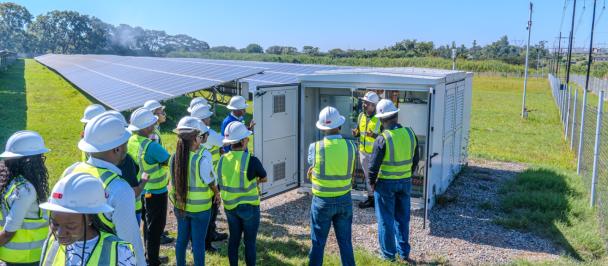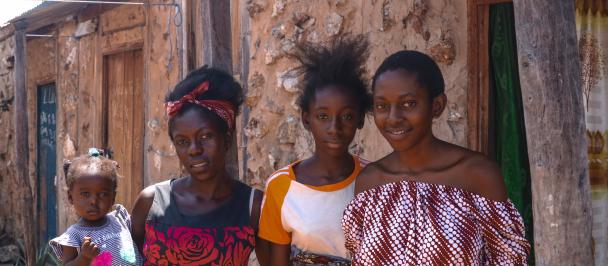How PAZESA turned a grant under Operational Phase 7 of the Small Grants Programme in Zambia in sustainable livelihoods for crop and fish farmers in Zambia’s Eastern Province
Community Transformation through Sustainable Agriculture and Fish Farming
October 31, 2022
Leonard Banda and Sabina Zulu standing in front of their farm
Zambia’s Eastern Province is wide span of fertile land. However, with the effects of climate change spreading across the country and beyond, the already dry province is drying out even further and deforestation and poaching within the province is further deepening the effects of climate change on the environment and the livelihoods of the province’s inhabitants.
A popular activity that causes great concern in the province is the cutting down of trees to burn wood for charcoal. Many households sustain themselves off the sale of charcoal, however with the lack of reforestation efforts within the province and the looming effects of climate change, this practice is both environmentally and economically unsustainable.
The Present Amenities for Zambia’s Economically Surged Adolescence, or PAZESA as it is informally known, works with communities throughout the province sensitising them on the effects that some commonly accepted behaviours have on the environment and the livelihoods of people now and in the future.
When PAZESA saw the open call for proposals advertised in 2021 by the Global Environment Facility (GEF) Small Grants Programme (SPG), inviting Non-Governmental Organisations (NGOs) and Community Based Organisations (CBOs) to submit proposals for concepts that improve the livelihoods of people in remote communities while adopting a climate sensitive lens, it applied hoping to expand the reach and impact of its operations in the province.
PAZESA proposed a project that would sensitise one thousand (1000) community members and build the capacity of 200 horticulture and fish farmers in Eastern Province, which led to the award of a grant of US$26,600 under Operational Phase 7 of the SPG. Since the award of the grant, PAZESA has reached 202 participants from 20 villages across the Eastern Province. The project provides seeds, fertiliser, fingerlings, pesticides, pond liners, and horticultural skills and marketing training to individuals and cooperatives from across the province.

 Locations
Locations




